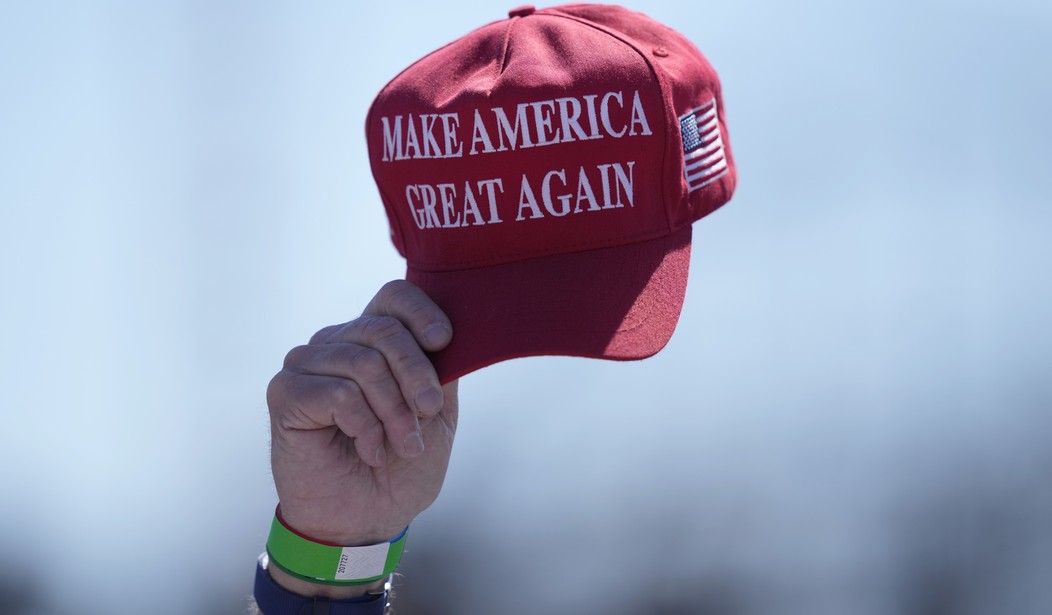“The great rule of conduct for us, in regard to foreign nations, is, in extending our commercial relations, to have with them as little political connection as possible.” — George Washington, in his Farewell Address
In the wake of Donald Trump’s overwhelming victory in the recent election, America stands at a crossroads. The results mark not only a shift in political power but a fundamental challenge to the entrenched foreign policy establishment, long dominated by neoconservative thought. As we reflect on Trump’s remarkable rise and the triumph of the MAGA movement, it’s clear that the days of unquestioned military interventionism and foreign entanglements are over—or at least, they should be. But where do we go from here? How do we define a new path forward that balances American sovereignty with global engagement, without falling into the traps of the past?
Trump’s most significant achievement so far—one that will reverberate for decades—may have been his decision to sidestep traditional neoconservative figures like Nikki Haley and Mike Pompeo. These individuals, who championed endless wars, were a departure from the agenda that truly served the interests of the American people. Trump’s refusal to hire them represented a break from the military-industrial complex that has thrived at the expense of American taxpayers, the lives of soldiers, and the security of nations whose strategic importance to the U.S. is dubious at best. In Trump, we saw the promise of a foreign policy focused on American interests—not beholden to global elites or entrenched military contractors.
From Vietnam to Iraq, and from the Middle East to Ukraine, the bloodshed and cost have been staggering. More than just a matter of policy, these wars have defined us as a nation. Dwight Eisenhower’s warning about the military-industrial complex is more relevant today than ever. Our leaders spent billions of dollars and sacrificed countless American lives in conflicts that served little more than the profits of the political establishment. The ongoing situation in Ukraine is the latest example—a conflict that further proves the futility of foreign interventionism. Americans are beginning to see through the false narratives that justify these wars. Trump, throughout his presidency, became a target of the deep state, exposing the dangerous influence of military elites—and for good reason. His victory helped lift the fog of war.
Recommended
The Iraq War in particular stands as a symbol of neoconservative failures. It achieved nothing—except to drain the U.S. of its workforce and resources, leaving behind a nation worse for wear. Now, as the Biden administration has dragged America into yet another potential quagmire in Ukraine, we are faced with the stark reality that the same foreign policy elites remain at the helm. These elites, who have mocked true conservatives for decades, dismissed concerns about the dangers of unchecked globalism. But it is clear now that their policies have failed. The left’s facade of Cold War rhetoric, combined with its support for international ventures, is a dangerous path that will only lead to further conflict and division. The lesson of Trump’s victory is clear: America must abandon the neoconservative agenda, reject the military-industrial complex, and embrace a foreign policy rooted in national self-interest, peace, and diplomacy.
So, what do we call this new movement? I propose that we call ourselves “Americons,” a term that encapsulates a new vision for America’s role on the world stage. Americons are patriots who believe in American sovereignty, the American Constitution, and a strong military—but one that operates on strictly American terms, not those dictated by lobbyists, military contractors, or political elites. Trump’s victory has struck the first severe blow to the entrenched global interests that have shaped American foreign policy for so long. To ensure that this victory is not fleeting, we must continue to fight for American primacy—defined not by endless wars, but by the strength of our people, the preservation of our sovereignty, and the defense of our core values.
As President Trump once said, “America first, America always.” That mantra must guide us as we move forward—not just in foreign policy, but in every aspect of governance. Our mission is clear: to restore America to its rightful place as an independent, sovereign nation—focused on securing our future, not engaging in endless wars for corporate interests. The time has come for a new era of American greatness, powered by a renewed spirit of patriotism and national pride—one that is uniquely defined by the vision of “Americons.”

























Join the conversation as a VIP Member